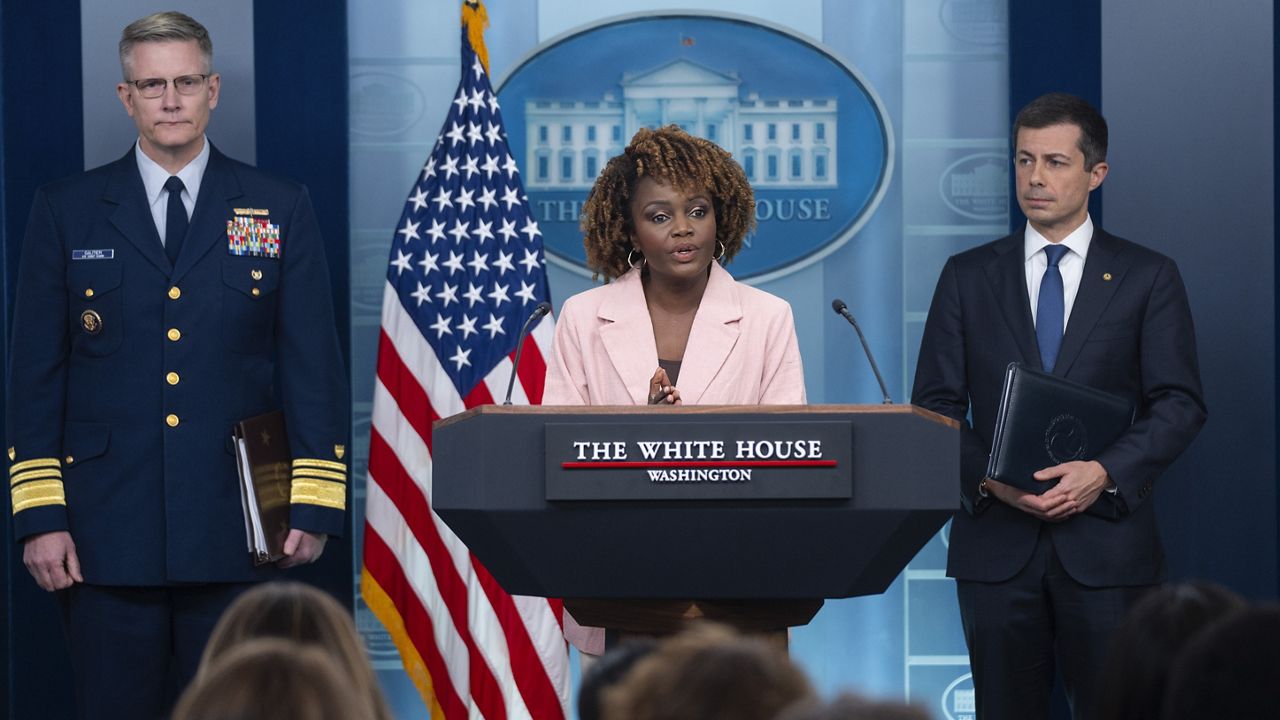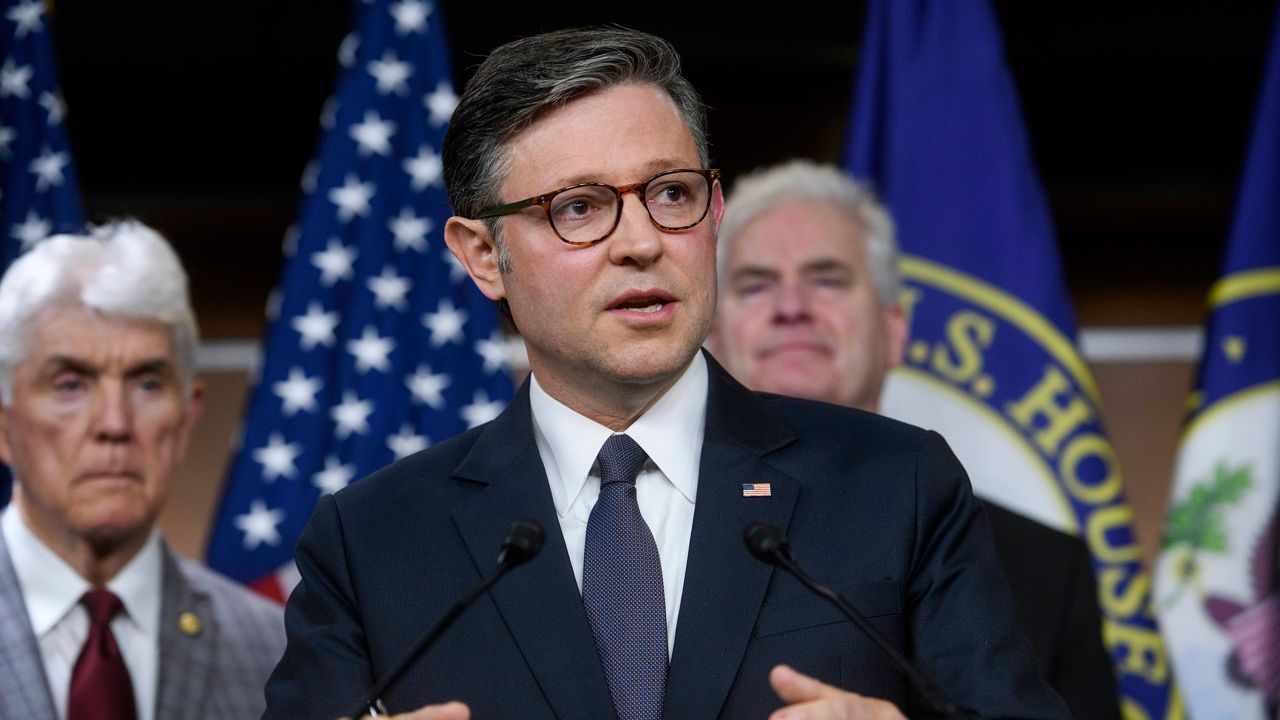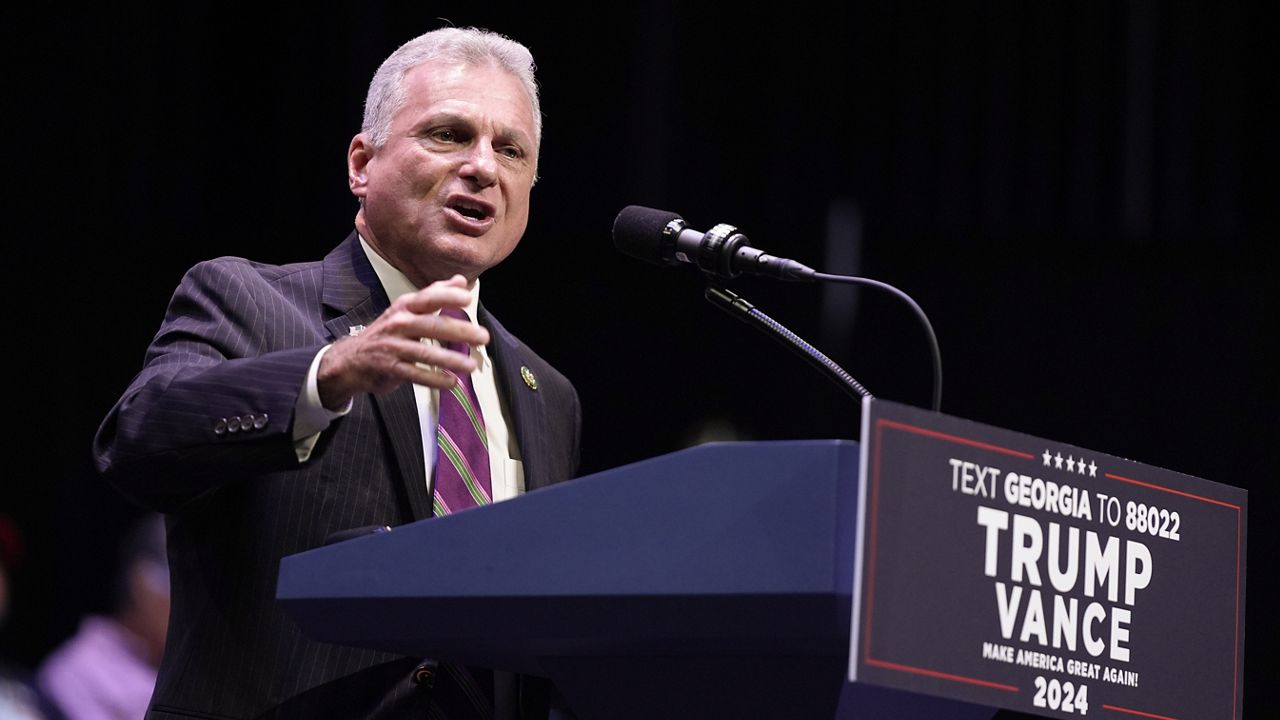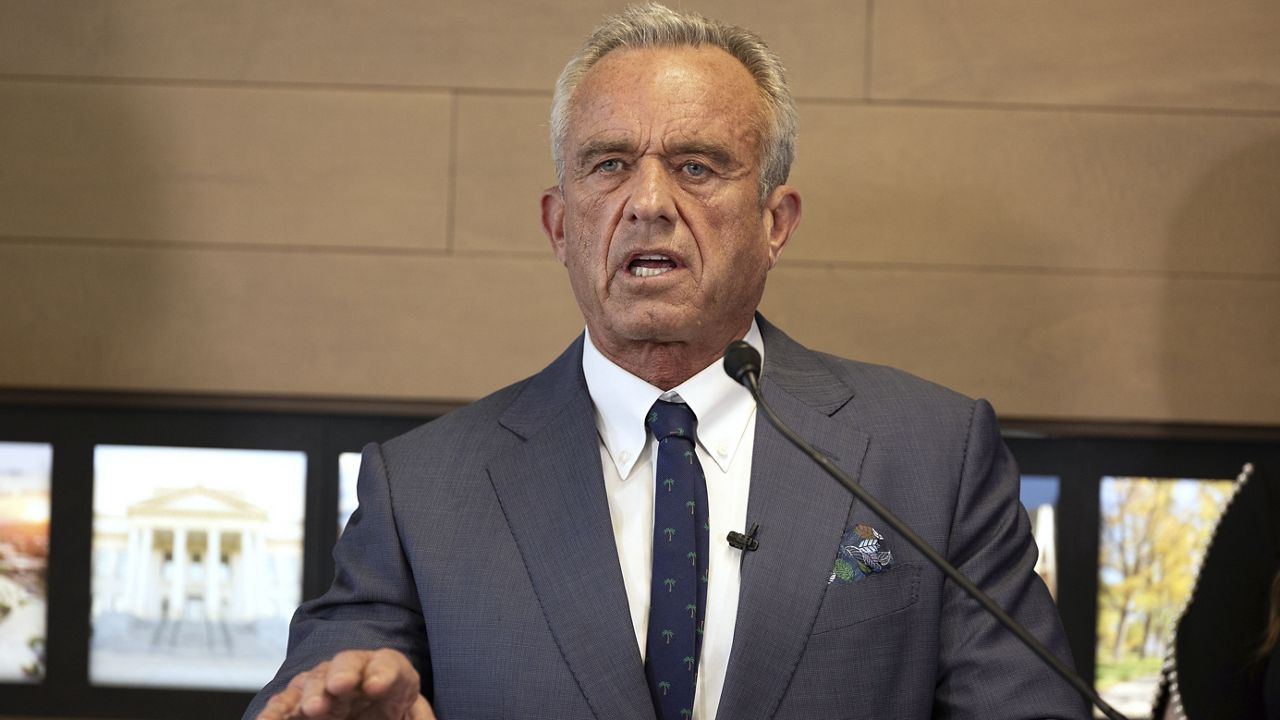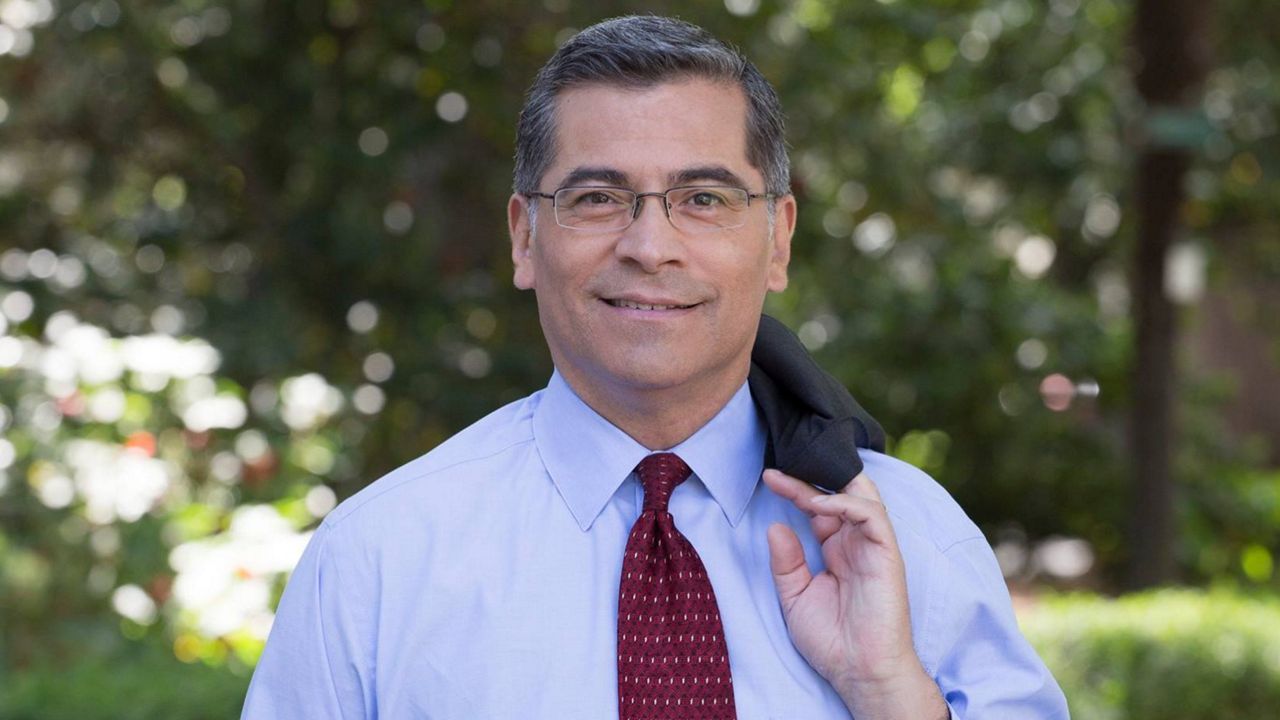The White House on Wednesday said Israel has agreed to reschedule a meeting between U.S. and Israeli officials to discuss a potential invasion of Rafah, just two days after Prime Minister Benjamin Netanyahu withdrew the delegation's visit originally expected this week.
“The prime minister’s office has agreed – has agreed – to reschedule the meeting dedicated to Rafah,” press secretary Karine Jean-Pierre told reporters during Wednesday’s White House press briefing. “So we’re now working with them to find a convenient date that is obviously going to work for both sides.”
Asked about reports that the Israeli delegation could be sent to the U.S. for talks as early as next week, Jean-Pierre would not comment on the timing, but she said the White House believes the issue is “urgent.”
“Obviously, it’s urgent, we think it’s urgent,” she said. “It’s important to lock this in and so we are going to work really diligently to make sure that happens.”
Netanyahu on Monday announced he was no longer sending an Israeli delegation – reportedly made up of his Strategic Affairs Minister Ron Dermer and National Security Adviser Tzachi Hanegbi – to Washington due to the United States’ decision not to veto a U.N. Security Council resolution that demanded an immediate humanitarian cease-fire in Gaza and the release of hostages.
The U.S. instead abstained on the measure on Monday, clearing the way for it to pass. The Israeli leader argued the decision to abstain demonstrated a change in U.S. policy on the issue.
“This constitutes a clear departure from the consistent U.S. position in the Security Council since the beginning of the war,” Netanyahu’s office said in a statement.
White House National Security Communications Adviser John Kirby, however, insisted U.S. policy on the matter had not changed. He told reporters the U.S. could not vote in favor of the resolution because it lacked “key language,” particularly the “condemnation of Hamas.”
At the same time, he said, the U.S. did not veto it because it reflected the administration’s stance that a cease-fire should come with the release of hostages still being held by Hamas.
Kirby called Netanyahu’s move “disappointing,” adding the White House was “perplexed.”
In a statement following a meeting with Sen. Rick Scott, R-Fla., in Israel earlier on Wednesday, Netanyahu offered a new reason as to why he canceled the delegation’s trip this week – to send a message to Hamas.
“My decision not to send the delegation to Washington in the wake of that resolution was a message to Hamas: Don't bet on this pressure, it's not going to work,” he said, although still calling the abstention by the U.S. a “very, very bad move.”
President Joe Biden had requested that Netanyahu send a team to Washington to discuss Rafah on a call with his Israeli counterpart last week. The White House told reporters that Netanyahu granted the request.
The conversation between Biden and Netanyahu marked the pair’s first conversation in weeks as tensions appear to boil over Israel’s insistence on a ground operation in the southern city in Gaza in which more than a million Palestinians are taking refuge amid the war.
Sullivan said the U.S. was set to present Israel with an “alternative approach” to a major ground operation.
Netanyahu continues to insist that an invasion of Rafah is the necessary next step in its campaign to eliminate Hamas following the group's Oct. 7 attack on Israel that killed around 1,200 people. The White House has made clear it doesn’t support a full ground operation without a plan to protect civilians in the city, with Kirby adding on Friday that, thus far, they have “not seen such a credible plan.”
“Our position is that Hamas should not be allowed a safe haven in Rafah or anywhere else, but a major ground operation there would be a mistake,” Sullivan told reporters last week.
Despite Secretary of State Antony Blinken on Friday reiterating the administration’s position that a major ground operation in Rafah would be a “mistake” and “not the way to do it” following a meeting with Netanyahu in Tel Aviv, a statement from the Israeli leaders’ office following the sit-down insisted Israel would proceed, even if it had to do so alone.
“I also said that we have no way to defeat Hamas without entering Rafah and eliminating the remnant of the battalions there,” the statement reads in part. “I told him that I hope we would do this with U.S. support, but if necessary – we will do it alone."
In the wake of the cancellation of the delegation, the White House emphasized that Israeli Defense Minister Yoav Gallant was in Washington this week to meet with National Security Adviser Jake Sullivan and Blinken on Monday, Defense Secretary Lloyd Austin on Tuesday and CIA Director Bill Burns.
Although emphasizing that Gallant’s meetings were separate from the request Rafah talks, Kirby said the issue would come up in conversations. Jean-Pierre reiterated that point on Wednesday, adding the U.S. officials had “constructive discussions” with Gallant.
“Rafah was one of the many topics discussed,” she said.




